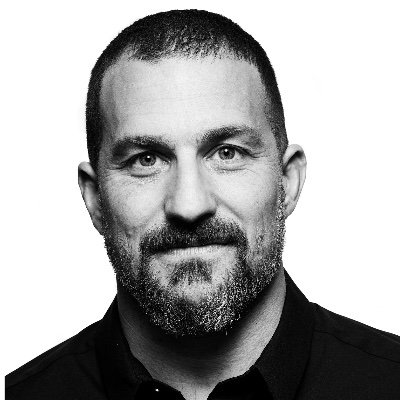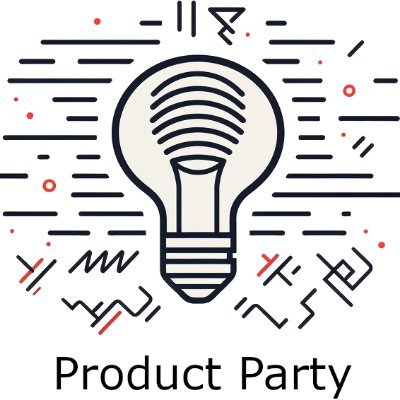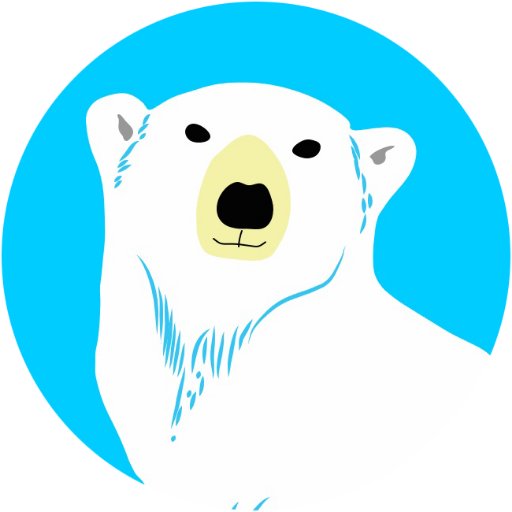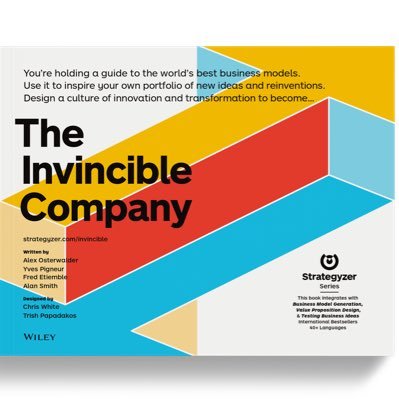
John
@prodlabioGlobal Digital CPO: 0-20M 3x, Led $1B plus in ARR. Ex Startup, Fortune 100 Product Leader & Consultant PwC / Strategy&
Similar User

@texagdal

@pulkitbhamai

@Abdulla12082449

@product_diary_

@MiguelPaixao07

@JuanEcheverrria

@hour_innovation

@Prashantseeks
Ever wonder what sets an exceptional product manager apart from an average one? It's not technical skills, knowledge of frameworks, or mastery of tools. It's soft skills. After interviewing and working with hundreds of product managers, I thought I'd share my perspective.
Hard pill to swallow: Product/market fit is not achieved when someone shows interest in or uses your product. Product/market fit is achieved when you can convince someone to part with enough of their hard-earned money that you can generate a profit and sustain a business.
In product management, process is not strategy. Process can be intoxicating and make you feel in control, but it alone doesn’t produce results. Real results come from strategic thinking, execution, and meaningful outcomes.
Process is not the value of product management. If anything, process impedes the value of product management. Process in product management, and in any function for that matter, should enable value creation and delivery. If it doesn't - delete it.
There are three levels - buyers write the check, customer are accountable for the results, and users engage with the product. Each one is a different sale and wants a different outcome. Regardless use discovery to uncover the needs of each.
“If you’re not adding things back in at least 10% of the time, you’re clearly not deleting enough.” — Elon Musk There are moments when you hear something so simple yet profound. Sort of like an earworm — those melodies you can’t get out of your head. I’m not sure there is an…
Why do some product roadmaps lead to wildly successful products while others lead to failure? In this video, I cover one of the most important aspects of successful roadmaps, avoiding drift, and how to keep your roadmap headed toward success.
The customer is always wrong!? Ever wondered why some companies succeed at product discovery, and others fail? And consequently, if there is a secret to product discovery? Check out the video below for insights and tips on how to master product discovery 👇
It’s always interesting to compare what the product team thinks should be obvious with what the user does. Support tickets and calls along with user analytics are a gold mine when it comes to identifying gaps between what is designed to be obvious and whether it actually is.
Yes - there are two games to be played. Game one = rapid scaling and large markets to go public. Game two = focus on a profitable niche and create a sustainable business. While they aren’t mutually exclusive they are very different paths.
Want to derisk product discovery? 1. Work on short cycles - weeks, not months. 2. Focus on outcomes, not output. 3. Continuously release the budget - spend over time. No great product endeavor is without risk, but you can increase your odds of success.
If the results of product discovery seem completely off from your perception of reality, you’re probably wrong. So long as the discovery was done well, you should follow the findings and recommendations — because the more convinced you’re right, the more likely you’re not.
The biggest competitor your product faces is your customer’s apathy toward it. Your customer essentially doing nothing
Writing forces clarity of thinking. Slides leave too much room for interpretation and unfinished ideas
Assume nothing. Test and validate everything. Just because you start the company doesn't mean you know it all - especially when it comes to the product. You must be open to and willing to learn.
One of product management's most valuable skills: Product Discovery. It's not about uncertainty, ambiguity, and risk. It's about shaping a strategy into a winning product. Check out the video below for more 👇 youtu.be/wa0KdhYLZsQ
A lesson I wish I learned sooner... Product discovery is ambiguous, high-stakes, and high-risk. So you shouldn't go all in. Or should you? Fact - Developing a product without it is a much bigger risk. Check the post 👇 for a few tips: shorturl.at/rxDI8
Doing things that don't scale is the best way to learn what you should scale. Scaling bad ideas is, well, just a bad idea.
In my experience, most product teams fail at product discovery for four reasons: 1. Failure to start 2. Failure to go all-in 3. Failure to conduct it properly 4. Ignoring the results And despite sounding ridiculous, ignoring the results is often the most difficult to overcome.
United States Trends
- 1. Cowboys 47 B posts
- 2. #WWERaw 54,8 B posts
- 3. Texans 56,8 B posts
- 4. Cooper Rush 8.000 posts
- 5. Pulisic 15,6 B posts
- 6. Mixon 11,9 B posts
- 7. #USMNT 3.056 posts
- 8. Turpin 2.922 posts
- 9. #HOUvsDAL 6.354 posts
- 10. #AskShadow 5.662 posts
- 11. Aubrey N/A
- 12. Jake Ferguson 1.347 posts
- 13. Bruins 4.778 posts
- 14. Bray 3.738 posts
- 15. #90dayfiancetheotherway 1.775 posts
- 16. Mike McCarthy 1.213 posts
- 17. Sheamus 2.063 posts
- 18. Zach Lavine 1.974 posts
- 19. Weah 2.044 posts
- 20. Trey Lance 1.423 posts
Something went wrong.
Something went wrong.










































































































